Native to the southeastern United States, Hydrangea root has a long history of use in Cherokee medicine for helping to balance fluids in the body. Sometimes known as Seven Barks, wild hydrangea is a medium-sized shrub with smooth bark and white flowers that resemble snowballs. Hydrangea root has a history of traditional use for its healthful properties. Typical preparations include tea and tincture. Shown to have some diuretic and anti-inflammatory properties. Historically used in treatment of urinary tract infections, arthritis, gout, and kidney stones.
The hydrangea has shown up in the fossil record as far back as 70 million years ago in North America, and in Asia as far back as 25 million years ago. It grows near water, hence its name. The name is derived from the Greek, meaning water vase. They were brought to England in the 1730’s where the popularity as an ornamental grew quite rapidly. The grayish roots have little odor but a sweet and pungent taste.
2 ounces dried root
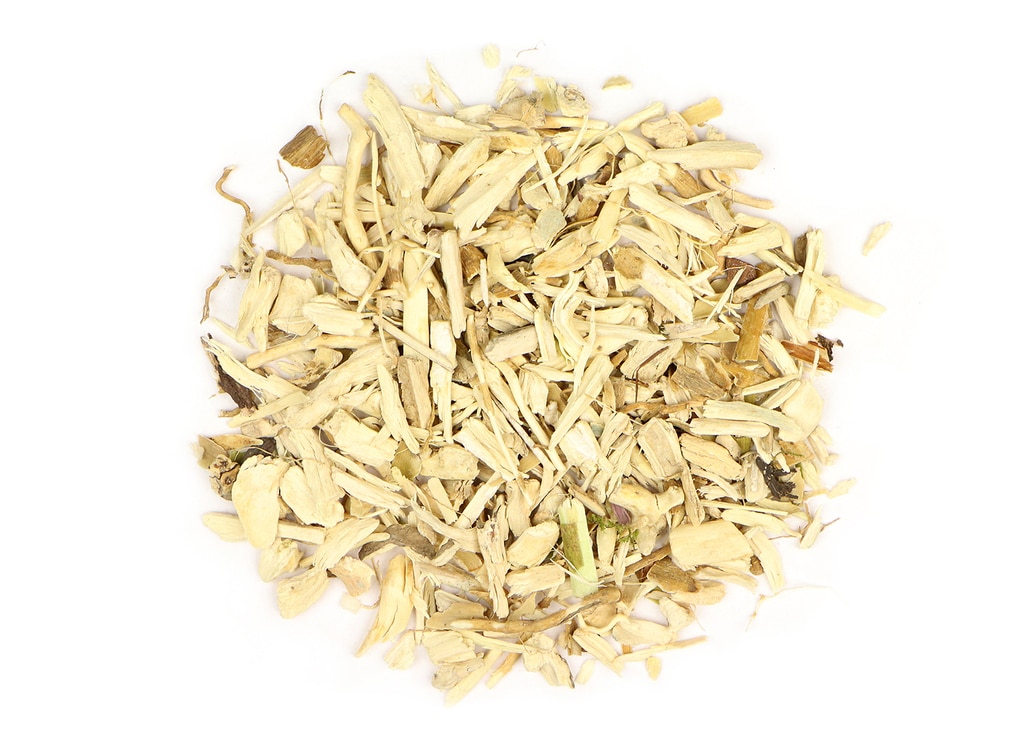
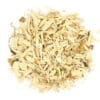
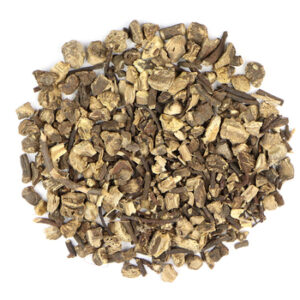
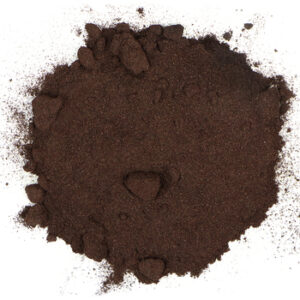
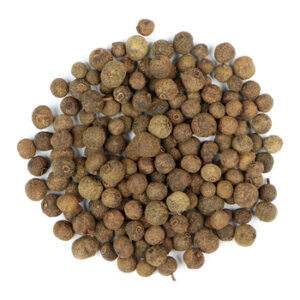
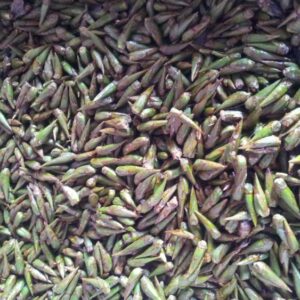
Reviews
There are no reviews yet.